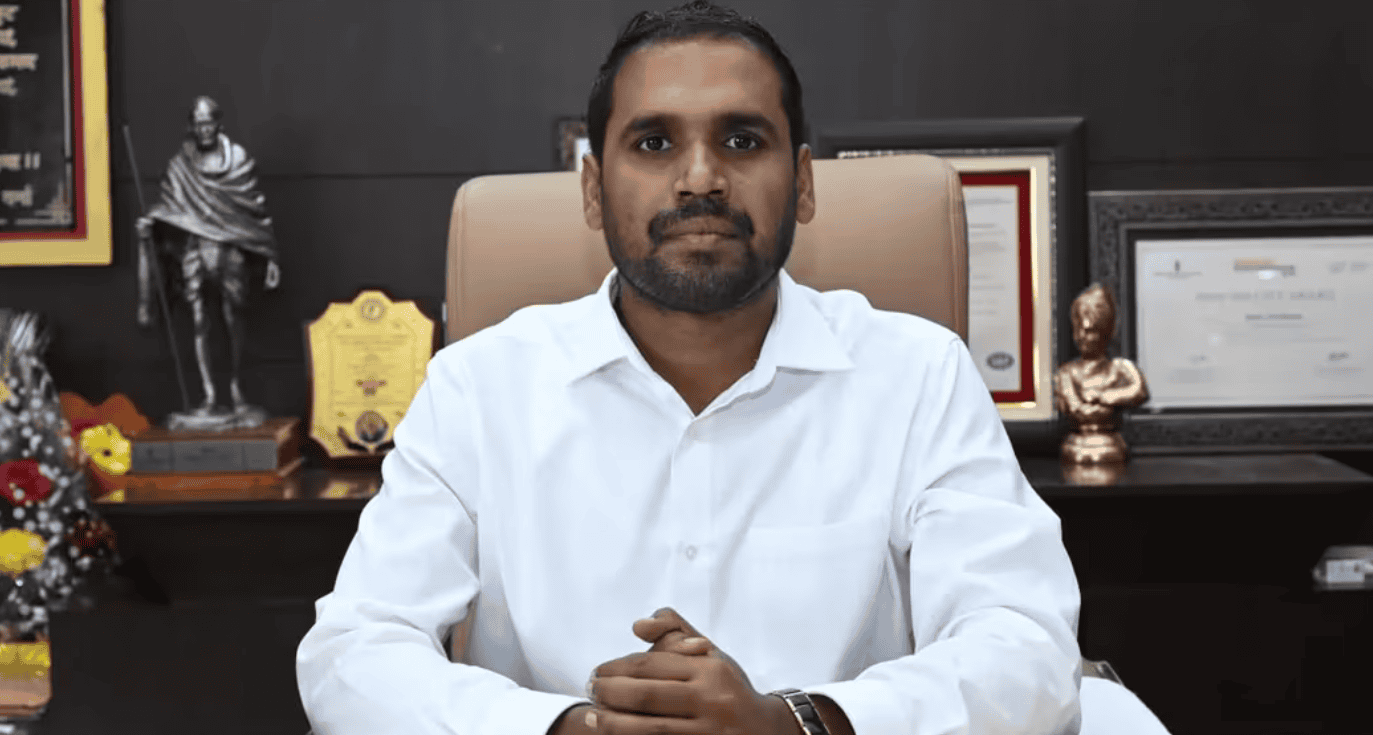
Raipur, the capital city of the Indian state of Chhattisgarh, has started bringing its real estate records on to the blockchain with the help of Airchains, which builds blockchain-based bespoke privacy models through its use of zero-knowledge fully homomorphic encryption (zk-FHE)
The Raipur Municipal Corporation administers the area issuing more than 8,000 building permits, work orders, and colony development permissions annually. The corporation floated a tender to have its records on blockchain and Airchains emerged as the partner through that process, Abinash Mishra, Commissioner, Raipur Municipal Corporation told CoinDesk in an interview on Thursday.
“We issue building permission certificates and previously we have had many issues such as forgery of documents,” Mishra said. “We developed the solution with the Airchains team and now we are exploring similar digital documentation through blockchain of essential services that urban bodies usually produce which are birth, death and marriage certificates.”
Airchains CEO Ankur Rakhi Sinha told CoinDesk that this marks the first use case of Zero-Knowledge Fully Homomorphic Encryption (zk-FHE) in India. “ZK is used to prove that something is true without revealing any additional information, whereas FHE is used to perform computations on encrypted data without needing to decrypt it,” Sinha writes in a blog.
The Raipur Municipal Corporation has their own server sets and all the encryption keys are ordered with the government body itself, Sinha said.
“As of now, we are not on chain live yet, we are encrypting the old certificates and have completed around 100,000 certificates on ZK and once we go live we will bring the current (daily) data too,” Sinha said. “Every building permission will have its own smart contract, and every update on the building permission will be updated on that similar smart contract.”
Mishra of the Raipur Municipal Corporation told CoinDesk that the verification of the facts in the building permission applications takes “at least one month” between “seven days” for a bank to pass a loan and communicating that to the municipal commissioner who will then write to the subordinate. The goal here is to reduce that time to a matter of three days.
“Certification should be secure and decentralization is the future we should work on,” Mishra said. “This is small initiative we have taken. I think many people will adopt it.”
